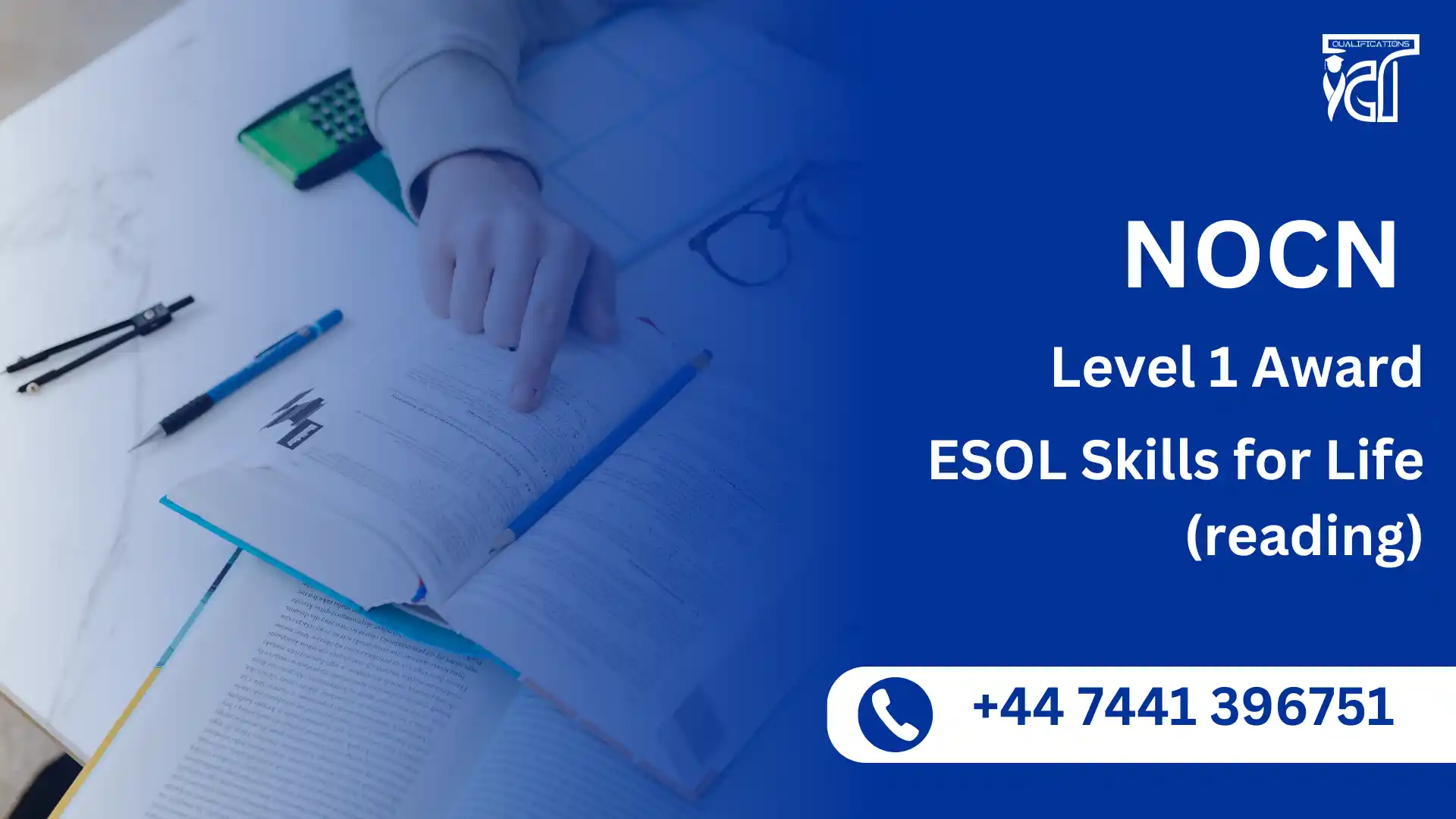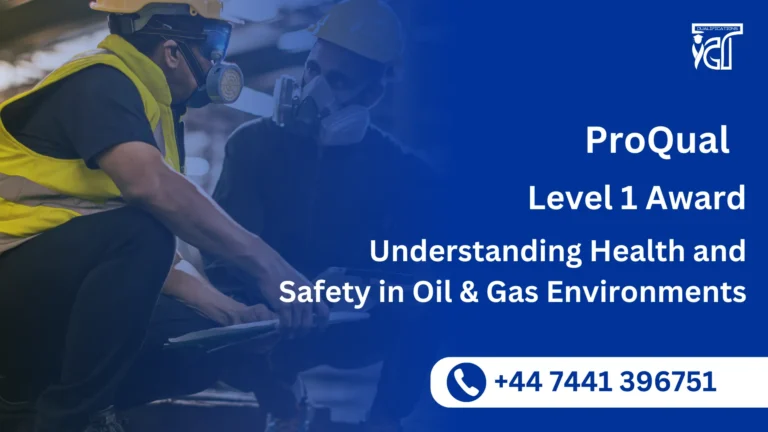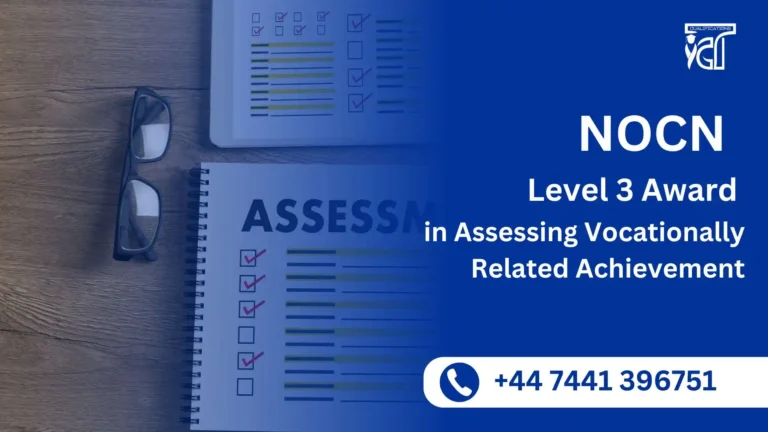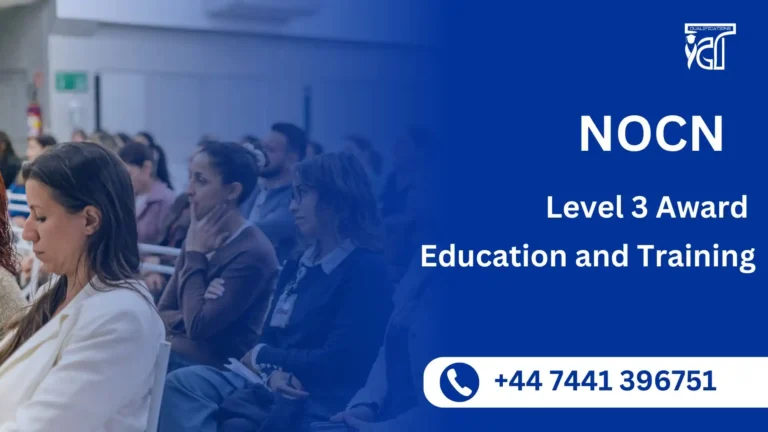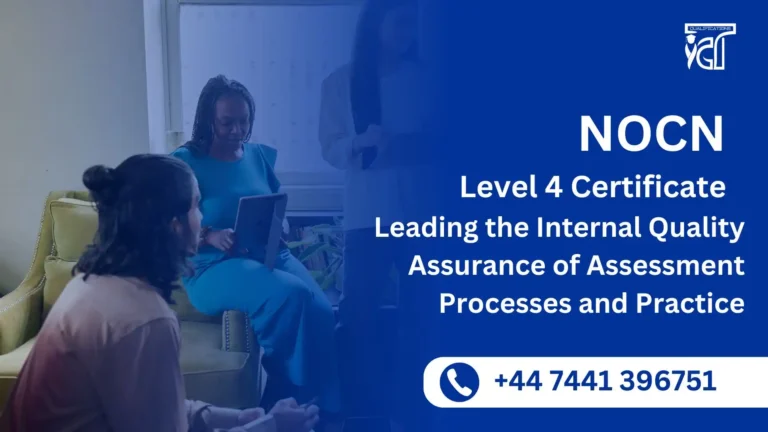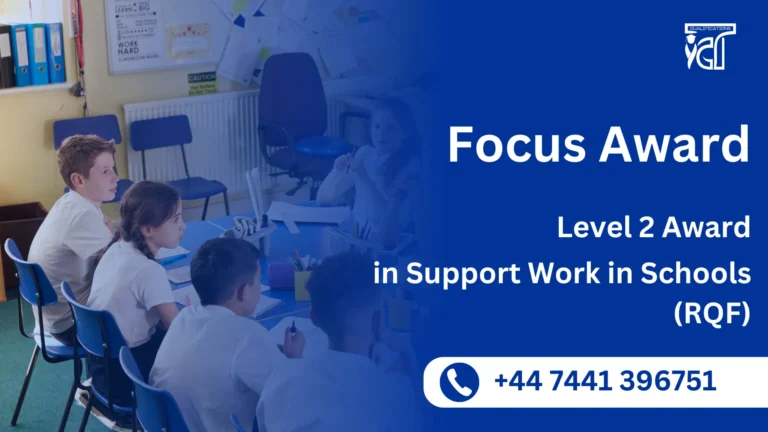The NOCN Level 1 Award in ESOL Skills for Life (Reading) is an Ofqual-regulated qualification designed to help non-native English speakers build a strong foundation in reading skills. This course is ideal for learners who are seeking to improve their ability to understand and interpret everyday written English, a critical skill for personal, social, and professional success.
In today’s information-driven world, being able to confidently read and comprehend a variety of texts is essential. This course equips learners with the tools necessary to navigate everyday reading tasks, such as understanding signs, forms, instructions, and simple articles. Through engaging, practical activities and an assignment-based approach, students learn to identify key information, interpret meaning from context, and develop strategies to overcome challenges in reading.
Designed with flexibility in mind, the NOCN Level 1 Award in ESOL Skills for Life (Reading) allows learners to progress at their own pace, making it an excellent choice for busy individuals balancing work, family, or other commitments. Whether you are an adult learner aiming to improve your English for everyday communication, an immigrant integrating into a new community, or someone looking to enhance your academic skills, this course provides the practical reading skills necessary to succeed.
By successfully completing this qualification, learners gain not only improved reading abilities but also a boost in confidence, paving the way for further language development and greater opportunities in both educational and professional settings. Enroll today and take the first step toward mastering essential reading skills in English.
NOCN Level 1 Award in ESOL Skills for Life (reading)
The NOCN Level 1 Award in ESOL Skills for Life (reading) qualification consists of Total Qualification Time (TQT): 60 and Credits : 6 for the completed qualification.
Mandatory units
| Sr# | Unit Title |
|---|---|
| 1 | ESOL Skills for Life Reading |
GLH (Guided Learning Hours) and TQT (Total Qualification Time) are terms commonly used in vocational qualifications to help define the amount of time a learner is expected to spend on heir studies.
1. GLH (Guided Learning Hours)
GLH refers to the number of hours a learner spends being directly taught, supervised, or supported during their course. This includes the time spent in activities such as:
- Classroom instruction
- Practical workshops
- One-on-one tutoring or mentoring sessions
- Online learning sessions with tutor support
In other words, GLH represents the time that learners are actively engaged with their instructors or learning activities.
2. TQT (Total Qualification Time)
TQT represents the total amount of time a learner is expected to invest in completing a qualification, including:
- GLH (Guided Learning Hours): Time spent on direct learning, as explained above.
- Self-Directed Learning: This includes time spent on independent study, research, assignment completion, preparation for exams, and any other work the learner does outside of direct teaching hours.
TQT is a broader measure that includes all the time required to achieve the qualification. It helps learners and employers understand the overall commitment required for the qualification.
Key Differences Between GLH and TQT:
- GLH focuses on direct learning with guidance or supervision.
- TQT includes GLH as well as independent study time and other learning-related activities.
Example:
If a qualification has a TQT of 600 hours and a GLH of 250 hours, it means the learner should spend 250 hours in direct learning (classroom, online, or tutor-led sessions) and 350 hours on independent study or research.
Learning Outcomes of NOCN Level 1 Award in ESOL Skills for Life (reading)
Reading for Gist and Specific Information:
- Learners will be able to identify the general meaning (gist) of short texts, such as notices, advertisements, and instructions, and locate specific details from them.
Understanding Simple Texts:
- Learners will be able to read and understand simple texts, including personal letters, forms, and everyday communication, with assistance as needed.
Identifying Key Words and Phrases:
- Learners will be able to recognize and understand essential words and phrases commonly used in everyday reading materials.
Following Written Instructions:
- Learners will be able to follow basic written instructions (e.g., on forms or product labels) accurately.
Recognizing Common Signposts in Texts:
- Learners will be able to identify and understand common organizational features in texts, such as headings, subheadings, bullet points, and numbered lists.
Improving Word Recognition and Contextual Understanding:
- Learners will be able to deduce the meaning of unfamiliar words from their context within the text.
Basic Comprehension:
- Learners will be able to answer basic comprehension questions related to the content of short texts.
Interpreting Visual Information:
- Learners will be able to interpret visual aids in reading materials (e.g., pictures, diagrams, maps) alongside written text.
Course benefits of the NOCN Level 1 Award in ESOL Skills for Life (reading)
Improved English Reading Skills:
Gain practical skills in reading and understanding a variety of everyday texts, such as notices, instructions, and advertisements, enhancing daily life and work interactions.
Increased Confidence:
Build confidence in your ability to read and comprehend English texts, helping you feel more comfortable in both personal and professional settings.
Enhanced Communication:
Strengthen your ability to engage with English-speaking communities by improving your reading comprehension, which is essential for understanding written communication in modern life.
Preparation for Further Study:
This qualification serves as a stepping stone for further ESOL studies or other English-related qualifications, providing a solid foundation for advancing your language skills.
Workplace Readiness:
Acquire essential reading skills necessary for understanding workplace documentation, such as safety instructions, emails, forms, and notices.
Practical Life Skills:
Learn to read and understand everyday texts, such as bills, public notices, and product labels, which will help you manage personal responsibilities more effectively.
Recognition of Achievement:
Earn a recognized qualification that demonstrates your proficiency in reading English, which can be valuable for career opportunities and further education.
Access to Public Services:
Improve your ability to read and understand government forms, health-related materials, and other public service information, enabling you to access vital services more easily.
Cultural Integration:
Develop an understanding of the cultural context of language used in everyday materials, aiding in smoother integration into English-speaking environments.
Support for Personal Development:
Achieve personal growth by enhancing your language skills, which can lead to greater independence and improved social interaction.
These benefits highlight the practical value of the NOCN Level 1 Award in ESOL Skills for Life (Reading) in helping learners navigate their daily lives, work environments, and future academic or professional paths.
The ideal learner for the NOCN Level 1 Award in ESOL Skills for Life (Reading) would typically possess the following characteristics:
- English Language Learners (Intermediate Level):
- The learner is a non-native English speaker with basic to intermediate proficiency in English, particularly in speaking and listening, and is looking to enhance their reading skills to better navigate everyday situations.
- Adults Seeking Practical Language Skills:
- The learner is an adult who needs to improve their reading skills to understand common texts such as forms, signs, notices, advertisements, and instructions in everyday life, work, and study.
- Workplace or Educational Aspirants:
- The learner may be working or seeking employment and wants to improve their ability to understand written materials, which is essential for job requirements and communication in English-speaking workplaces. Alternatively, the learner may be looking to further their studies in English.
- Newcomers to the UK (or English-speaking Country):
- The learner is relatively new to the UK or another English-speaking country and needs to improve their reading skills to better integrate into society, manage personal affairs, and access public services.
- Learners Aiming for Self-Improvement:
- The learner is motivated to improve their life skills, increase their independence, and gain confidence in reading various texts. They may wish to read for pleasure, for personal development, or to gain a deeper understanding of their environment.
- Focused on Everyday English Use:
- The learner is looking to develop practical reading skills that will allow them to handle everyday situations, such as reading instructions on product labels, understanding government correspondence, or following directions on public signs.
- Goal-Oriented and Committed:
- The learner is goal-driven, motivated to improve their English reading ability, and committed to completing the course to gain a qualification that will aid in personal and professional advancement.
- Non-native English Speakers with a Desire to Integrate:
- The learner may come from a diverse range of backgrounds but is eager to integrate into an English-speaking community and is particularly focused on understanding the written aspects of the language in both social and professional settings.
This course is ideal for learners who want to acquire practical reading skills that directly benefit their daily lives, work, and future educational or career goals.
Entry Requirements
Register Now
Qualification Process
Qualification Process NOCN Level 1 Award in ESOL Skills for Life (reading)
- Self-Assessment:
Begin by evaluating your eligibility to ensure you meet the qualification requirements, including work experience, knowledge, and language proficiency. - Registration:
Complete your registration by submitting the required documents, including a scanned copy of a valid ID, and paying the registration fee. - Induction:
An assessor will conduct an induction to confirm your eligibility for the course and explain the evidence requirements. If you do not meet the criteria, your registration will be canceled, and the fee will be refunded. - Assignments & Evidence Submission:
Provide all assignments and the necessary evidence based on the assessment criteria outlined in the course. If you are unsure of the required evidence, consult with the assessor for guidance on the type and nature of evidence needed. - Feedback and Revision:
The assessor will review your submitted evidence and provide feedback. Evidence that meets the criteria will be marked as “Criteria Met,” while any gaps will be identified. You will be asked to revise and resubmit if needed. - Competence Evidence:
Submit final evidence demonstrating that all learning outcomes have been met. This evidence will be marked as “Criteria Met” by the assessor once it is satisfactory. - Internal Quality Assurance (IQA):
The Internal Quality Assurance Verifier (IQA) will review your evidence to ensure consistency, quality, and compliance with standards. - External Verification:
The IQA will submit your portfolio to NOCN External Quality Assurance Versifier (EQA) for final confirmation. The EQA may contact you directly to verify the authenticity of your evidence. - Certification:
Upon successful completion of all checks, NOCN will issue your official certificate, confirming that you have attained the NOCN Level 1 Award in ESOL Skills for Life (reading)

